Unseen Threats: Exploring the Psychological Impact of Living in a Smoke-Damaged Home
Smoke damage isn’t just a physical issue—it’s a psychological one. Most people associate smoke damage with the obvious physical signs: soot on the walls, a lingering burnt odor, and perhaps even structural damage to the home. But the hidden, often overlooked effects of living in a smoke-damaged home can have profound psychological consequences. From anxiety to depression, the emotional toll can be severe, affecting the well-being of individuals and families in ways that might not be immediately obvious.
While physical repairs and cleaning are necessary to restore a smoke-damaged home, addressing the psychological impact of living in such an environment is equally important. In this blog, we’ll explore the psychological effects of smoke damage, how prolonged exposure affects mental health over time, and why it’s crucial to address emotional well-being during the recovery process.
What are the Psychological Effects of Living in a Smoke-Damaged Home?
Living in a smoke-damaged home isn’t just uncomfortable; it can lead to a variety of emotional and psychological problems. Many individuals who experience a home fire or live in a smoke-damaged environment may initially struggle with shock and distress. But even after the physical damages are repaired, the emotional consequences can linger far longer than expected.
The first and most obvious effect is stress. The constant presence of smoke odors and the visible remnants of damage can create an ongoing sense of unease. There’s a sense of uncertainty that comes with not knowing when—or if—things will feel "normal" again. This stress can result in:
- Feelings of insecurity: The presence of lingering smoke damage can cause individuals to feel unsafe in their own homes, which naturally impacts their emotional well-being.
- Constant reminders of trauma: Even if the fire is in the past, the effects of the smoke damage serve as a constant reminder of the event. This can make it difficult for individuals to move on and heal, as the visual and olfactory reminders trigger anxiety or even panic attacks.
- Loss of comfort: Our homes are meant to be places of comfort, where we can relax and feel at ease. A smoke-damaged home strips away that comfort, replacing it with a sense of discomfort and unease.
The smell of smoke itself can evoke strong negative emotions, including fear and anxiety. It’s not just the physical environment that changes—it’s the emotional landscape as well. As a result, those living in a smoke-damaged home may struggle with a heightened sense of vulnerability.
How Does Smoke Damage Impact Mental Health Over Time?
While the immediate effects of living in a smoke-damaged home are typically marked by distress and discomfort, the long-term psychological impacts can be even more severe. Prolonged exposure to smoke-damaged environments can contribute to chronic stress, depression, and even post-traumatic stress disorder (PTSD) in some cases. As time goes on, the emotional burden of living in such an environment can worsen.
Chronic Stress
Stress, in and of itself, can be a serious health issue. Prolonged exposure to a smoke-damaged environment may cause stress levels to remain elevated for months or even years. Chronic stress can lead to a variety of mental health issues, such as:
- Burnout: The ongoing frustration and exhaustion from dealing with the emotional and physical effects of smoke damage can lead to burnout. Feeling like things will never improve can result in a sense of hopelessness.
- Sleep disturbances: The smell of smoke and the uncomfortable living environment can affect sleep, leading to insomnia or poor-quality sleep. Over time, this disrupts daily functioning and worsens the mental health challenges of those affected.
- Inability to relax: Constantly being in an environment that feels unsafe or uncomfortable can prevent individuals from relaxing, even in their own home. This heightened state of alertness can prevent people from mentally recovering from the trauma of the event.
Anxiety and Depression
The psychological impact of living in a smoke-damaged home can contribute to the development of anxiety or depression, especially in individuals who have experienced a traumatic fire event. The environment itself can serve as a constant reminder of that trauma, leading to the following:
- Feelings of helplessness: If the damage is extensive and repairs seem daunting or expensive, individuals may feel helpless, which can trigger or exacerbate feelings of depression.
- Persistent worry: Those affected may constantly worry about their home’s condition, the potential for future damage, or whether the smell and soot will ever be entirely removed. This ongoing concern can contribute to heightened anxiety levels.
- Increased sensitivity to smoke or fire-related triggers: Even after repairs, individuals who have experienced smoke damage may develop heightened sensitivity to smoke or fire-related triggers, such as the smell of a campfire or even the sound of sirens. These triggers can cause intense anxiety and remind individuals of the trauma they experienced.
Can Prolonged Exposure to Smoke-Damaged Environments Cause Anxiety?
Prolonged exposure to a smoke-damaged environment can indeed lead to anxiety, especially if the damage is not properly addressed or repaired. The psychological effects of living in a smoke-damaged home can deepen over time, as the persistent presence of smoke residue, unpleasant smells, and an overall sense of disarray can exacerbate feelings of vulnerability and unease.
Environmental Triggers
The brain forms associations based on sensory experiences, and the smell of smoke or the sight of soot-stained walls can trigger an anxious response in those who have previously been exposed to a fire or smoke damage. The environment becomes a constant reminder of the trauma they’ve experienced, reinforcing feelings of fear and worry.
In addition to psychological triggers, there are environmental factors that can worsen anxiety:
- Uncertainty about restoration: If the restoration process is lengthy or incomplete, the uncertainty about when—or if—the home will feel “normal” again can contribute to anxiety. The constant presence of disruption in the home can amplify feelings of helplessness and tension.
- Physical symptoms: Prolonged exposure to lingering smoke can also have physical symptoms such as headaches, respiratory issues, and nausea, which in turn can lead to heightened anxiety. The body responds to the environment, and these physical symptoms can make individuals feel more anxious or unsafe.
Post-Traumatic Stress
For those who have experienced a fire or significant smoke damage, the lingering effects can result in symptoms of post-traumatic stress disorder (PTSD). Living in an environment that constantly reminds individuals of their trauma can lead to the following:
- Flashbacks and intrusive thoughts: Constant reminders of the fire or smoke damage can trigger flashbacks or intrusive thoughts, which are common symptoms of PTSD. These mental health symptoms are often debilitating and difficult to manage.
- Avoidance behaviors: People dealing with PTSD may avoid certain areas of their home or activities that remind them of the traumatic event. This avoidance can lead to further isolation and distress.
Why Is It Important to Address Emotional Well-Being After Smoke Damage?
Addressing emotional well-being after smoke damage is essential for a full recovery. While repairing the physical damage is obviously important, it’s equally crucial to address the mental health challenges that arise from living in such an environment. Ignoring the psychological effects can lead to chronic mental health issues that can take years to resolve.
Creating a Safe and Comfortable Space
Ensuring that the home is emotionally safe and comfortable is the first step in healing. Taking steps to properly clean, restore, and ventilate the home is vital for creating a sense of security and stability. Psychological recovery begins with creating a physical space where individuals can relax and feel at peace.
Professional Support
For those struggling with the emotional aftermath of living in a smoke-damaged home, seeking professional support is important. Speaking with a therapist, counselor, or mental health professional can help individuals process their emotions, learn coping strategies, and begin the healing process. Cognitive-behavioral therapy (CBT), mindfulness practices, and other forms of counseling can be beneficial in overcoming anxiety, depression, and PTSD related to the trauma of living in a smoke-damaged home.
Restoration Beyond the Physical
Addressing emotional well-being after smoke damage goes beyond just the home—it’s about restoring a sense of normalcy and control in one’s life. When physical restoration is coupled with emotional support, the individual has the best chance of healing fully.
Living in a smoke-damaged home is more than just an inconvenience; it’s a psychological challenge that affects mental health in profound ways. Chronic stress, anxiety, and depression are common side effects of prolonged exposure to smoke-damaged environments. It’s crucial to address not only the physical repairs but also the emotional toll that comes with the experience.
By recognizing the psychological impact of living in a smoke-damaged home and taking steps to address emotional well-being, individuals can begin the process of healing both mentally and physically. The recovery process is not just about restoring a home—it’s about restoring a sense of safety, comfort, and peace of mind.
Restore Your Peace of Mind with United Water Restoration Group of Charlotte
At United Water Restoration Group of Charlotte, we understand that smoke damage doesn’t just affect the physical structure of your home—it impacts your emotional well-being as well. That’s why we’re committed to providing comprehensive restoration services that go beyond cleaning and repairs. Our expert team works diligently to restore not only your home but also your peace of mind.
- Expert Smoke Damage Cleanup: We use advanced techniques to eliminate smoke residue and odors, ensuring your home feels fresh and safe once again.
- Comprehensive Restoration Services: From soot removal to complete air quality restoration, we tackle all aspects of the recovery process.
- Compassionate Support: Our team is here to guide you through every step of the restoration, understanding the emotional challenges you may face during this time.
Don’t let the lingering effects of smoke damage continue to impact your life. Reach out to United Water Restoration Group of Charlotte today to begin your restoration journey and reclaim a healthier, safer, and more comfortable living space. Your well-being is our priority. Contact us today!
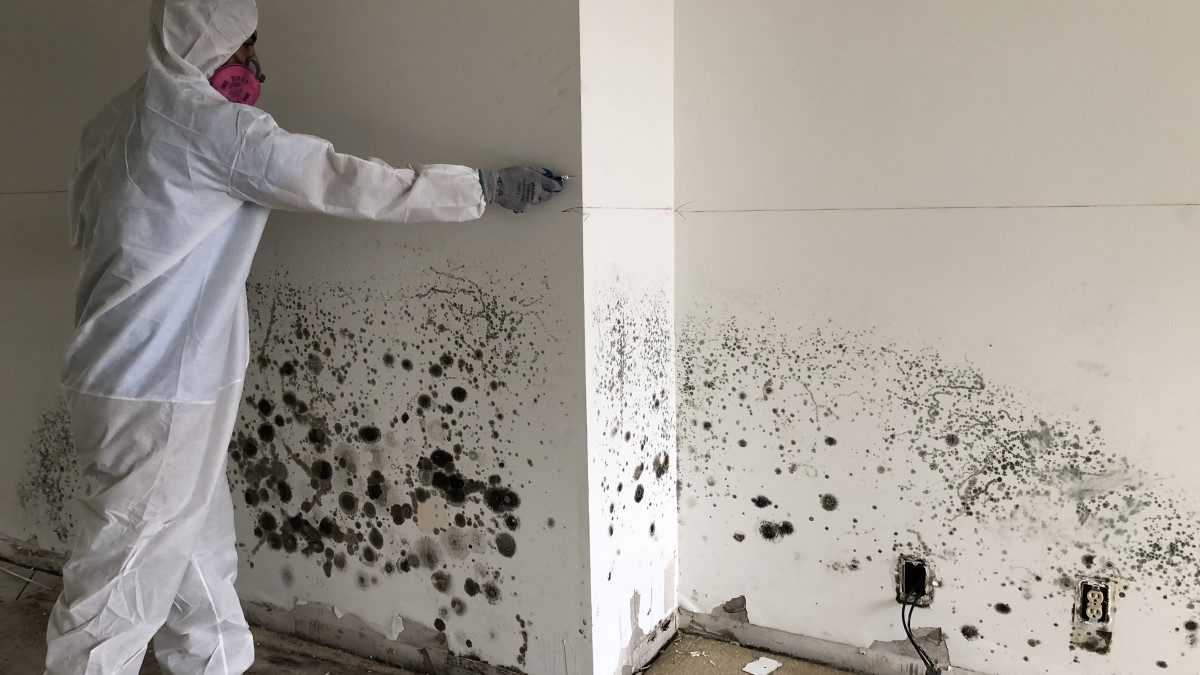
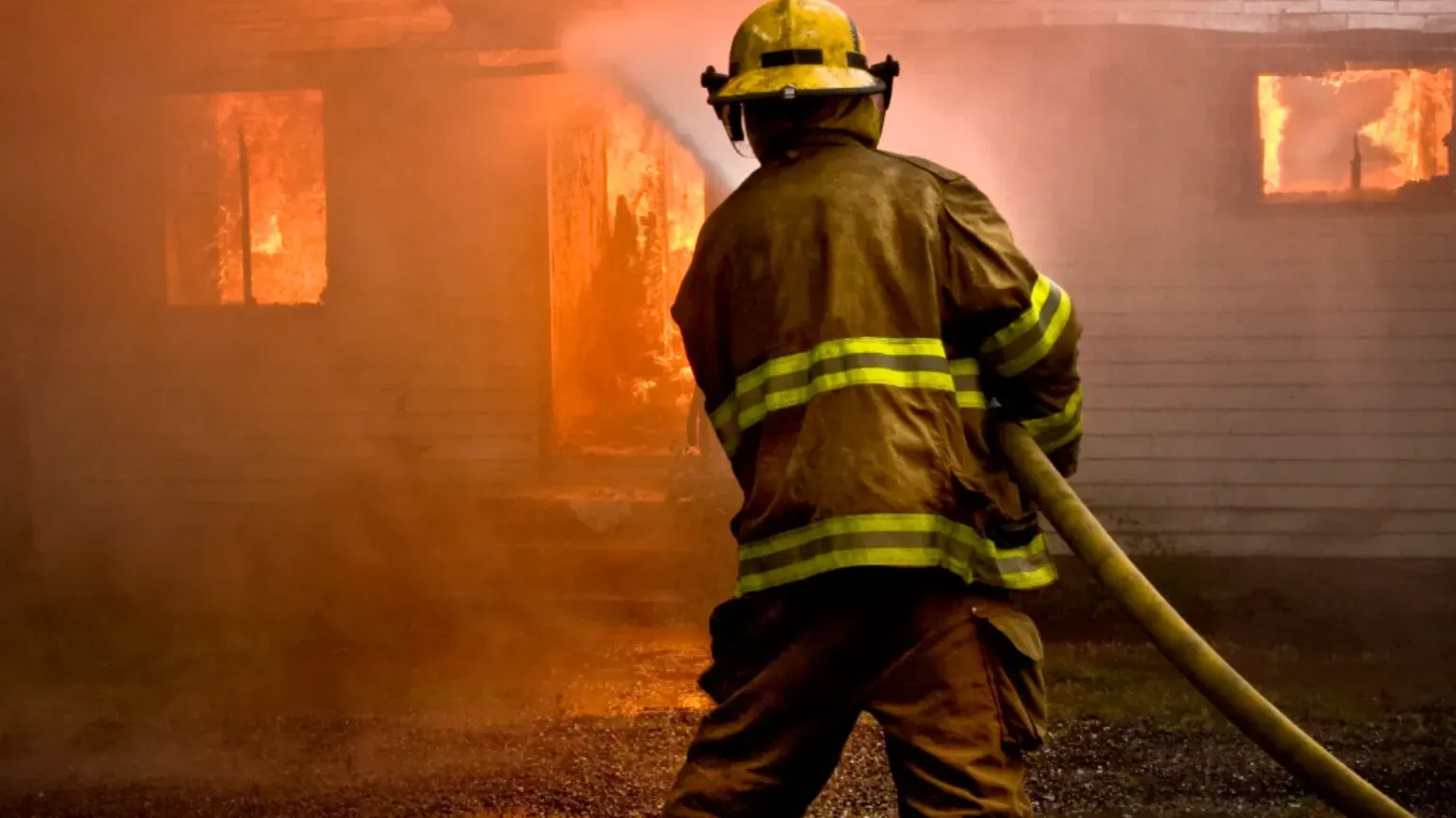

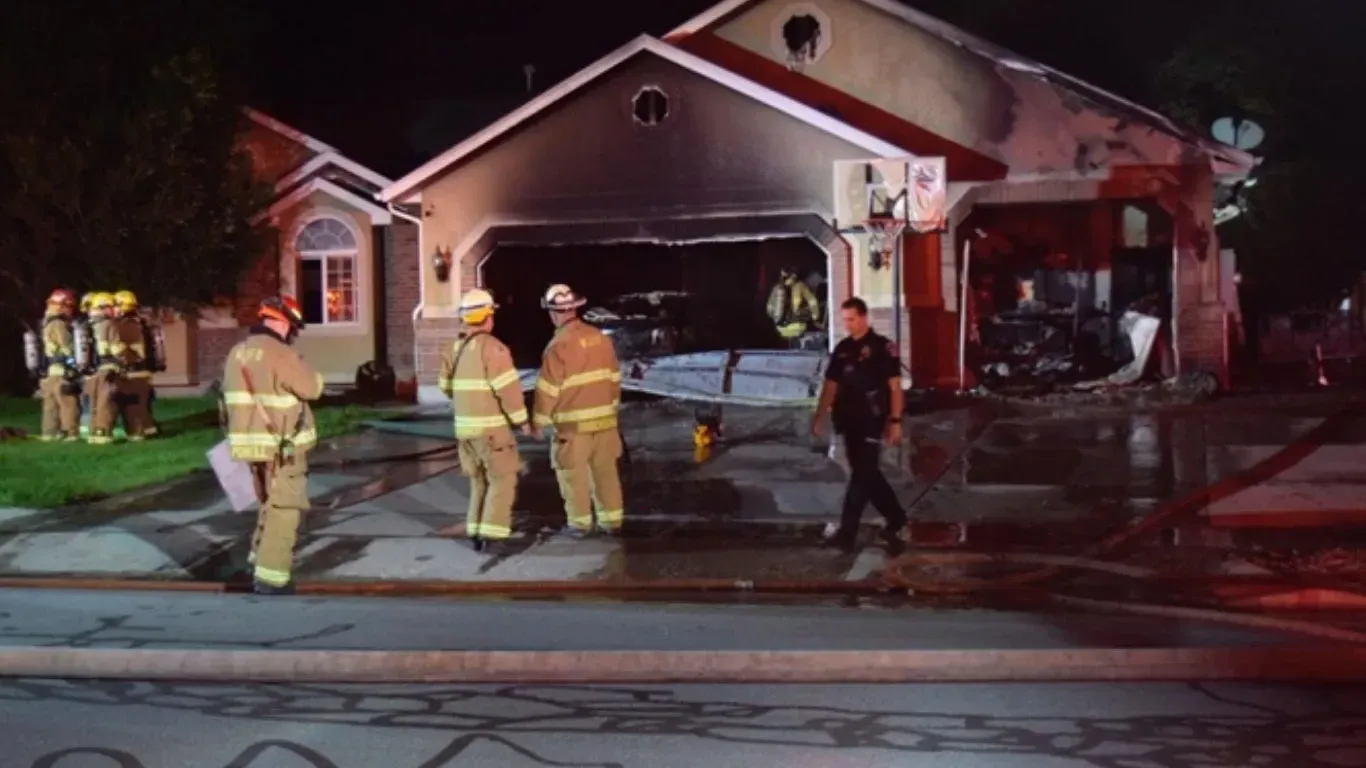

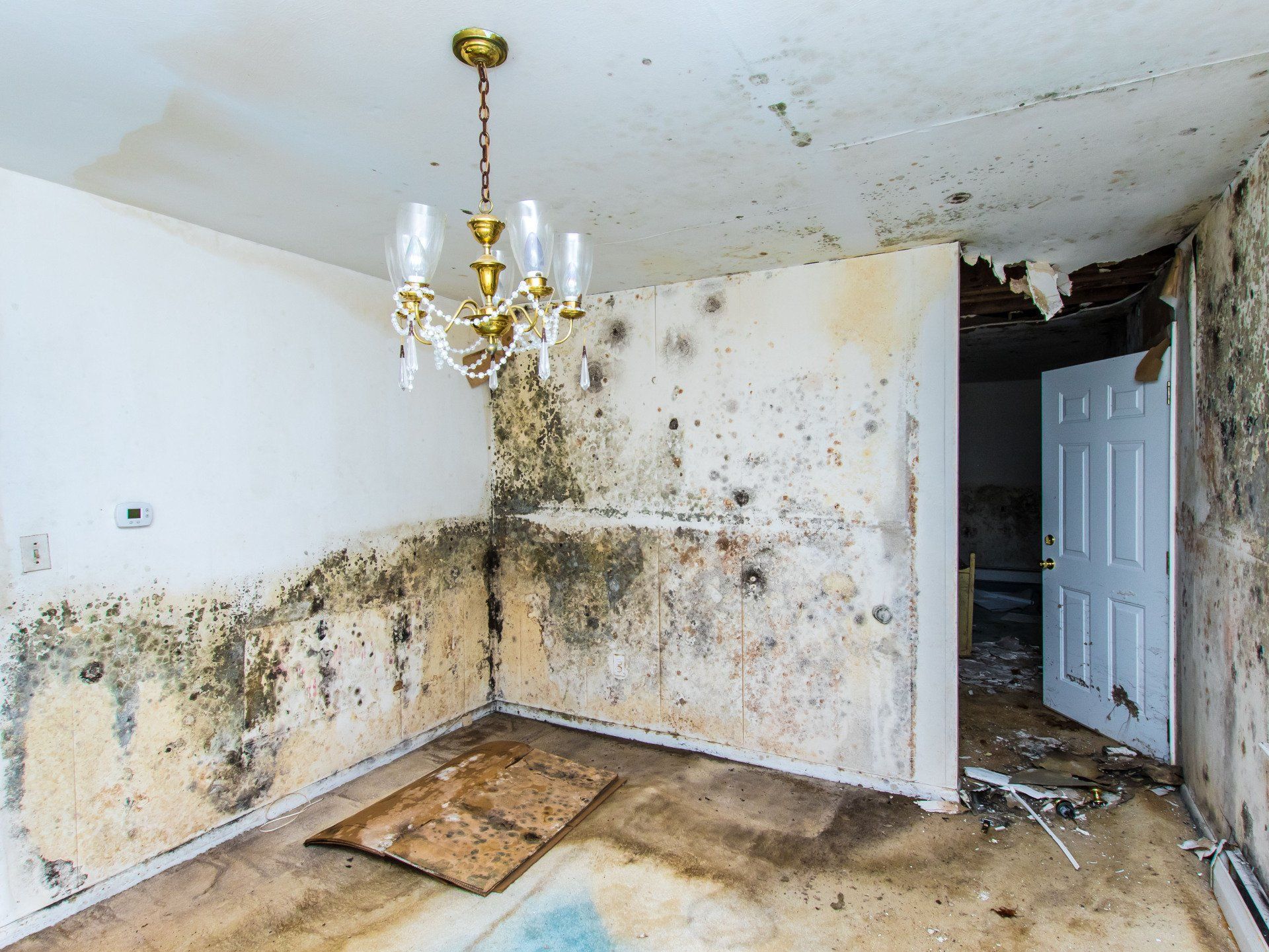
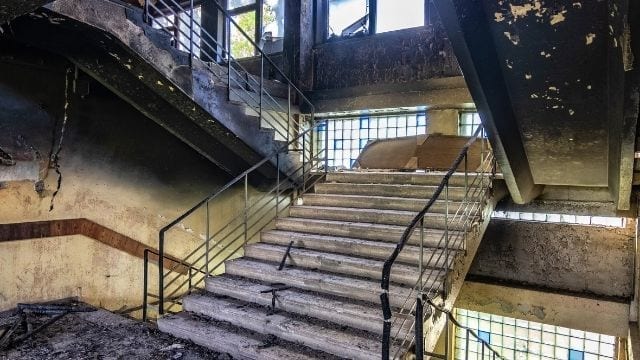


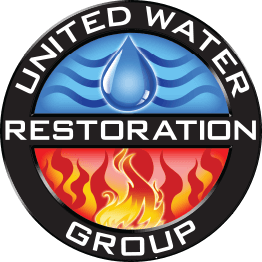
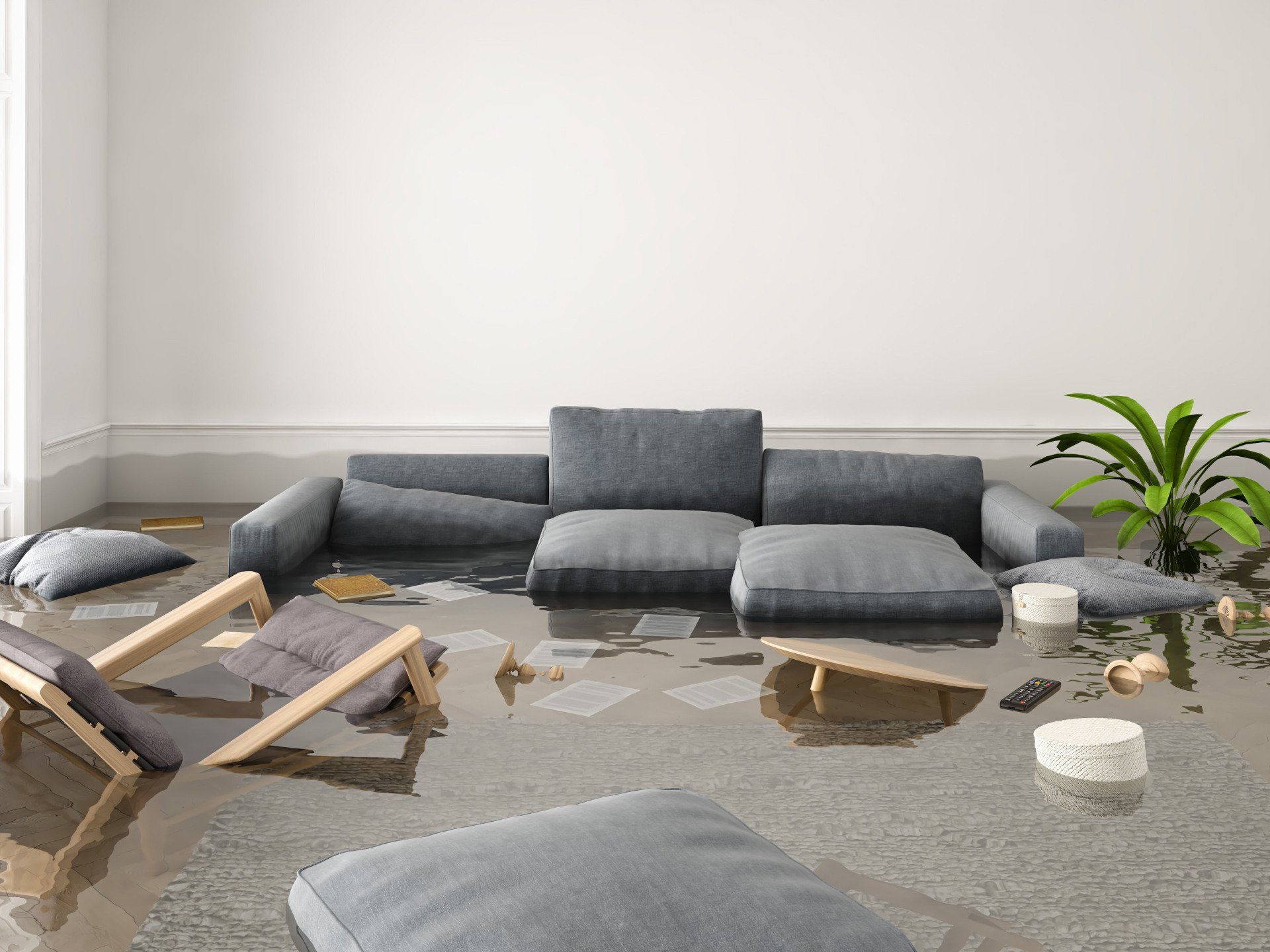
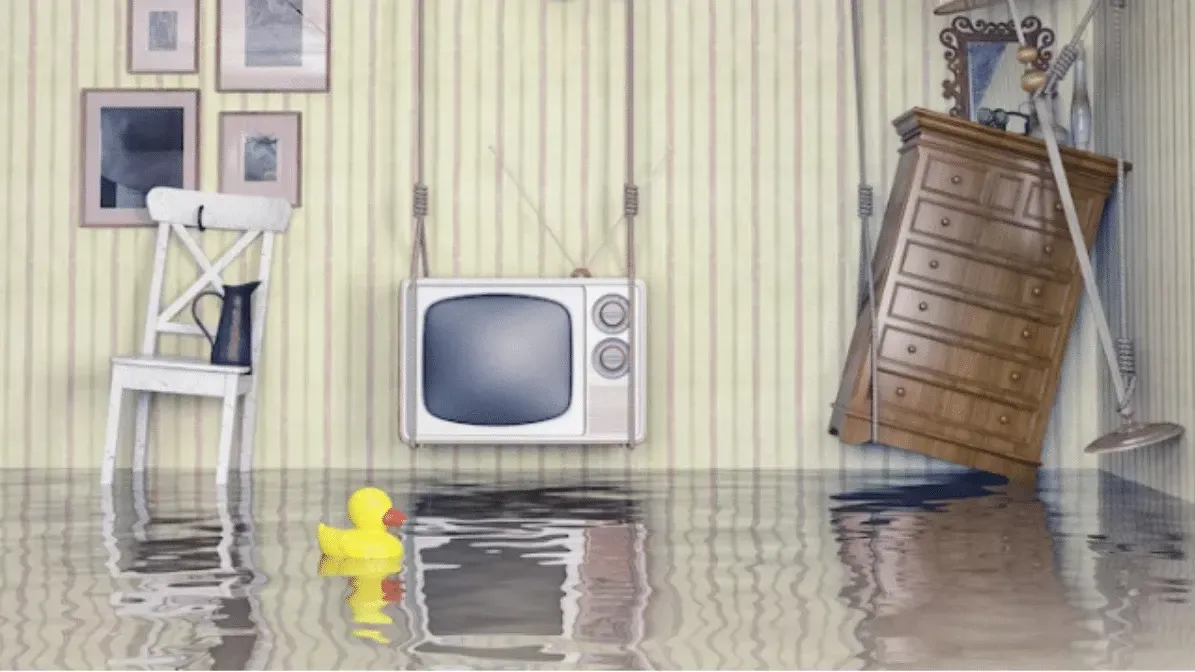
Share On: